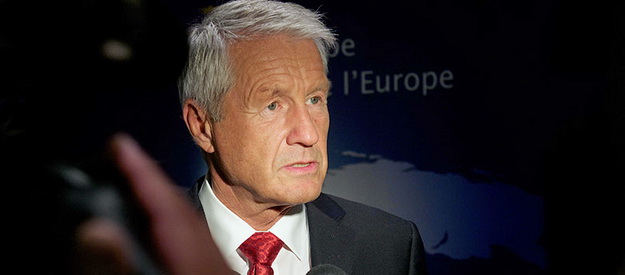"We express our gratitude to you for organizing a special human rights monitoring mission in the temporarily occupied Crimea... At the same time, a good number of issues remained undescribed in the report of the special mission headed by Ambassador Gérard Stoudmann.
The conclusion in the report of the special mission that “cases of repression mostly target individual opponents” contradicts the assessment of international and local human rights organizations."
A letter of Ukrainian human rights organizations to Secretary General of Council of Europe Thorbjørn Jagland, signed by Head of the Center of Civil Liberties Oleksandra Matviychuk, starts with these words. And this is not a small conflict. According to the Ukrainian outlet Yevropeiska Pravda, there is a serious confrontation between Ukraine and the Secretary General of the Council of Europe regarding Crimea, which not only does not diminish with time, but becomes more pronounced. Its cornerstone is an April report of Gérard Stoudmann about the situation in Crimea. Mr. Jagland is satisfied with the document, tries to give it official status, and - according to sources of Yevropeiska Pravda - is lobbying another visit of Stoudmann to Crimea. But Kyiv stresses that the report contains fundamental problems. The Swiss diplomat has not mentioned that Crimea and Sevatopol have been illegally annexed in the enormous document; the self-proclaimed Crimean management are called just "the authorities." Also, he did not notice the repressions against the Crimean Tatars. Official Kyiv is refraining from loud statements at the moment, limiting itself to a non-public confrontation in Stasbourg. This is why it's important to understand which "mistakes" Mr. Jagland's special envoy made in Crimea, and whether he can be considered an independent observer. Euromaidan Press publishes an abridged version of the letter to the Secretary General. For those that are interested, we are attaching also its full text. Proposals to the report of the special mission for human rights monitoring in the temporarily occupied Crimea, organized by the Secretary General of the Council of Europe, on 25-31 January 20161. Crimean Tatars and other minorities
As you may know, after the visit of the special mission the occupation Court recognized the Mejlis of Crimean Tatar people to be an extremist organization and banned its activities. The report clearly states though that "such a decision would be an evidence of a new wave of repression against the Crimean Tatar community in general." With this in mind, please pay particular attention to the report’s statement that "cases of repression are rather aimed against individual opponents, than represent a collective policy of repressions against the Crimean Tatars as an ethnic group." The fact that some members of the Mejlis (who agreed to collaborate with the occupation regime) are occupying some ruling positions, and are not in prison or exile as other members of the Mejlis (who did not agree to collaborate), does not mean that mass repressions against the Crimean Tatars are not the case.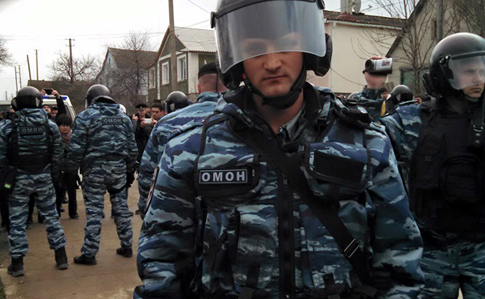
2. Law enforcement authorities
As rightfully noted in the report, the majority of the participants of the meetings were telling that it was worthless to try to complain about bullying, threats of abduction, unlawful searches, disproportionate use of force by law enforcement officials. Please take into account that this directly demonstrates that there are no effective means of protection against arbitrary actions of occupation police on the territory of the occupied Crimea. The report contains a statement of occupation authorities that they "conduct independent, tireless and transparent investigations publicly presenting current developments and findings" regarding 21 missing persons, 5 of whom were found dead. Please be advised of the existing practice, which proves the inefficiency in investigating politically motivated crimes. We request you to kindly pay attention to the following illustrative cases. The criminal proceedings regarding the brutal murder of a single participant of the one-man picket Reshat Ametov was suspended in the fall of 2014 and resumed only a year after being started. The very moment of abduction of Reshat Ametov by the "Crimean self-defense" was recorded on video, yet there are no suspects in the case materials so far.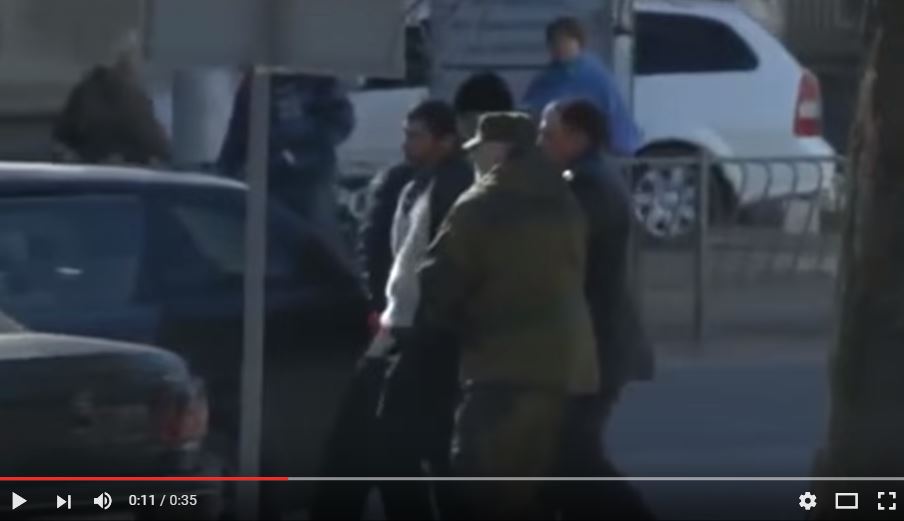
3. "Self-defense forces"
The report tells that a paramilitary group called "Crimean self-defense" was dissolved and turned into "two separate security units."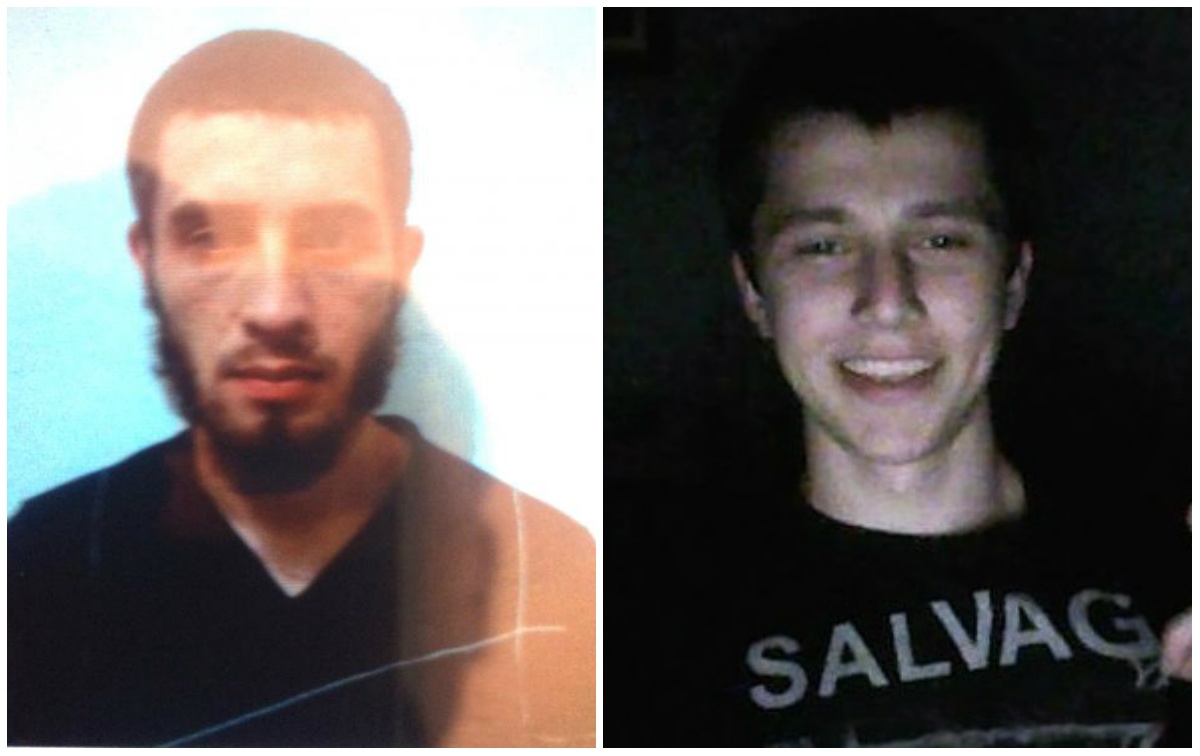
4. Judiciary
We realize that due to the short period of time, the special mission "did not have enough opportunities to conduct a comprehensive and detailed assessment of the current state of the judiciary in the Crimea." Therefore, we recommend examining cases of numerous violations of the right to a fair trial referred to in the reports of international intergovernmental organizations and human rights lawyer. We would like to draw your attention to the illegal withdrawal of Emil Kurbedìnov, a defense lawyer who defended persons accused in being members of a terrorist organization, the court's refusal to to consider claims regarding torture used by police against detainees, to limitation of public access to Court. The report mentions a statement of the self-proclaimed General Prosecutor on decriminalization of 118 offences. Thus the self-proclaimed General Prosecutor (Nataliya Poklonskaa) is trying to make a false impression about humanization of the criminal law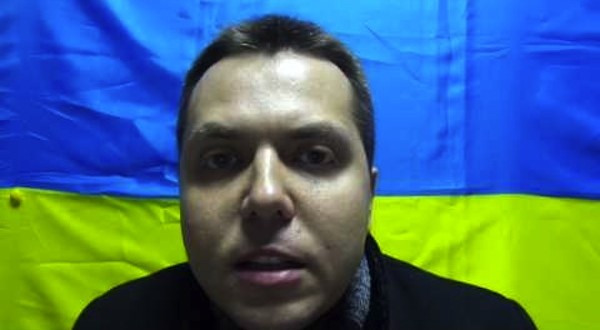
5. Penitentiary institutions
The situation with the local penitentiary institutions is quite alarming. It is not incidental that the Parliamentary Assembly the The European Committee for the Prevention of Torture and Inhuman or Degrading Treatment or Punishment to establish a special monitoring mission that would check the confinement conditions of the Ukrainian prisoners detained for political motives in the Russian Federation and Crimea.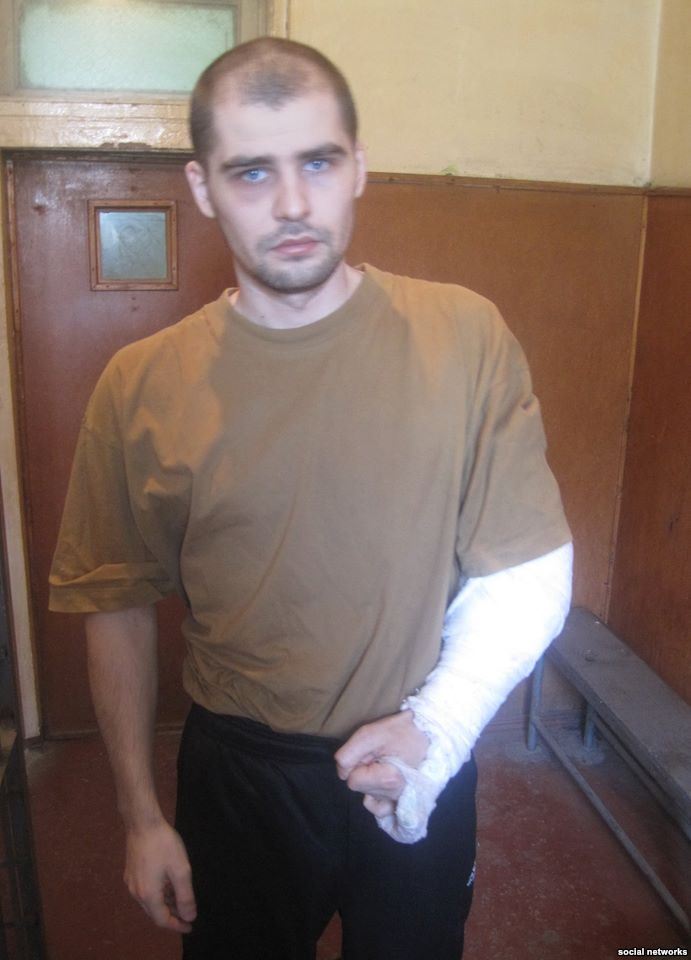
6. Freedom of religion
The report states that re-registration of religious communities "has not caused any significant difficulties" and explains a drastic reduction in the number of registered organizations this way: "as reported, most of them had not been active." Also, the report contains the following statement "it is reported that many religious organizations that stopped their activities were Muslim organizations which were probably funded from abroad."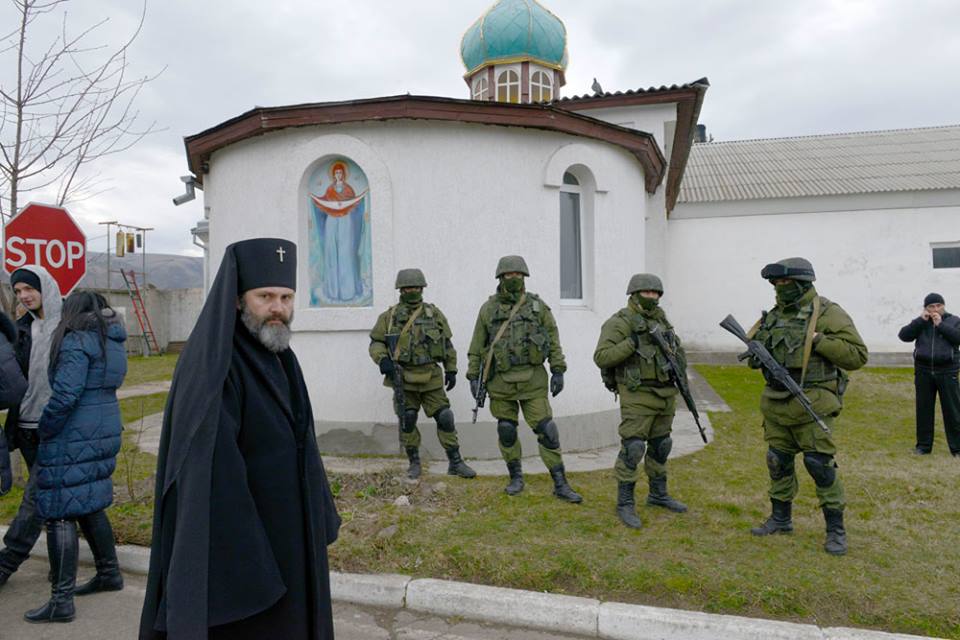
7. Freedom of expression / the mass media
The report mentions restrictive impact of the Russian legislation, which resulted in “reduction of the mass media diversity." We recommend to separately examining the situation with the introduction of censorship, intimidation of journalists and threats by law enforcement agencies, searches and seizures of the property belonging to journalists and bloggers, arrests of the media representatives and other forms of obstruction in journalist professional activity.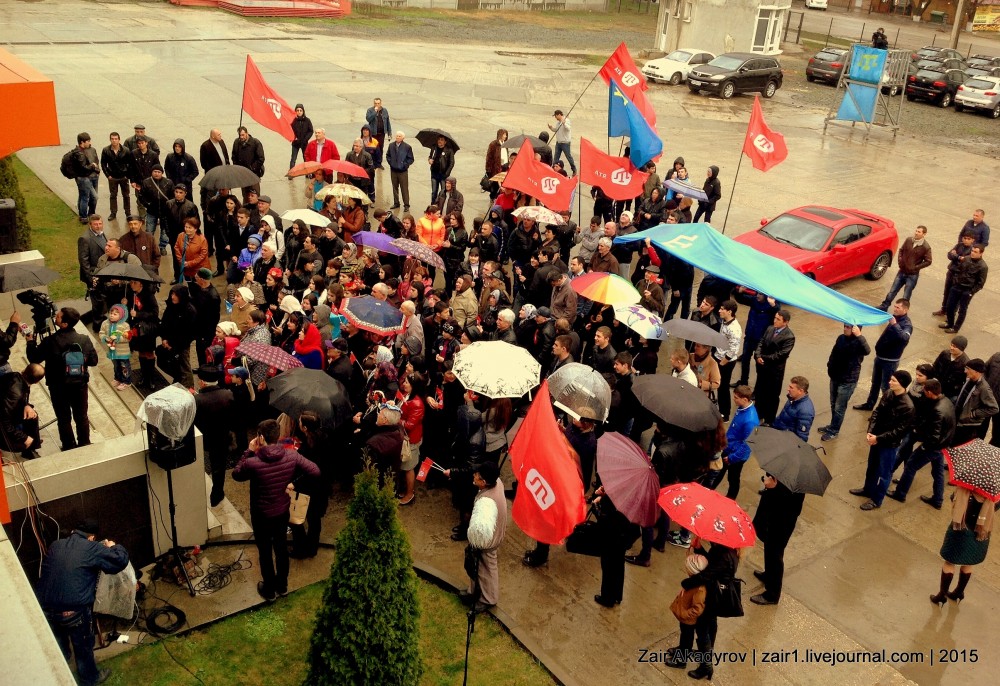
9. Freedom of Assembly and Association
The report appropriately noted the importance of compliance with Article 11 of the European Convention on Human Rights. Therefore, we recommend investigating and providing an official assessment of the facts of numerous violations of the freedom to peaceful assembly - disproportionate restrictions on peaceful meetings, forced dispersal and beatings of their participants, illegal arrests of protesters and fake administrative and criminal charges pressed against them, etc.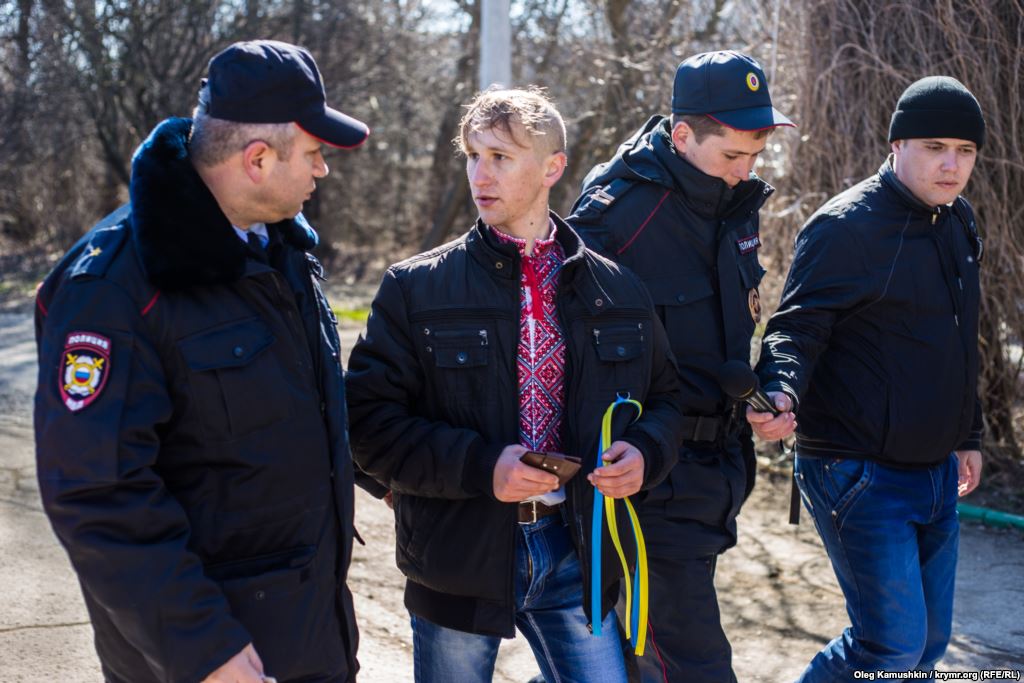
10. Education
As seen from the text of the report, the special mission during its visit focused on the language of teaching at schools. We recommend verifying the absence of “obvious signs of deterioration of the situation” in the field of school education conducted in the Crimean Tatar language. Also, check the accuracy of the assertions made by occupation authorities that a significant decrease in the number of schools and classes conducting teaching in Ukrainian language is the result of a free choice of parents, “who now prefer to have their children taught in Russian”. To do this, we recommend that you meet with the parents of the one and only Ukrainian Gymnasium in Simferopol, which is shut down despite their desperate resistance and public protest. Separately, it is worth talking to the Director of this gymnasium Nataliya Rudenko on the issue of teaching in Ukrainian language in Crimean schools. As a result of pressure, she was forced to leave the territory of Crimea and presently is residing in Kyiv.Conclusion
The situation with human rights and freedoms in the occupied Crimea in general is rapidly getting worse. Therefore, the Council of Europe invokes quite high expectations. We confirm once again our commitment to provide comprehensive support to the activity of the Council of Europe regarding monitoring the situation with human rights and basic freedoms in the occupied Crimea, in particular, the necessary documents and contacts. We see it extremely important to ensure that human rights conventional mechanisms of the Council of Europe and the Council of Europe Commissioner for Human Rights participate in monitoring Crimea as a part of Ukraine.With deep respect and hope to be heard, Chairperson of the Board of the Center for Civil Liberties Co-ordinator of Euromaidan SOS Initiative Oleksandra Matviychuk
Full text of the open letter to Secretary General of Council of Europe Thorbjørn Jagland.
